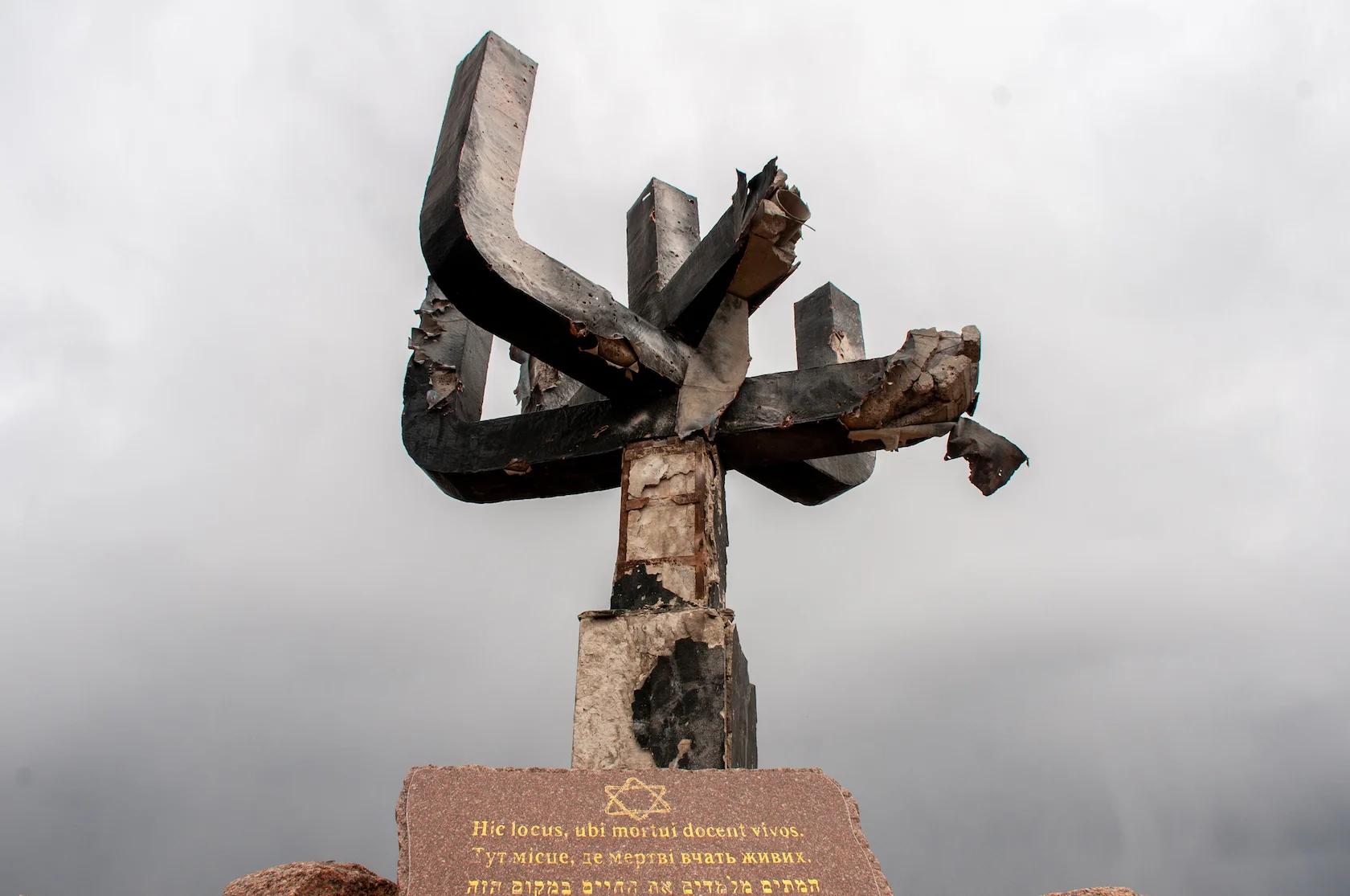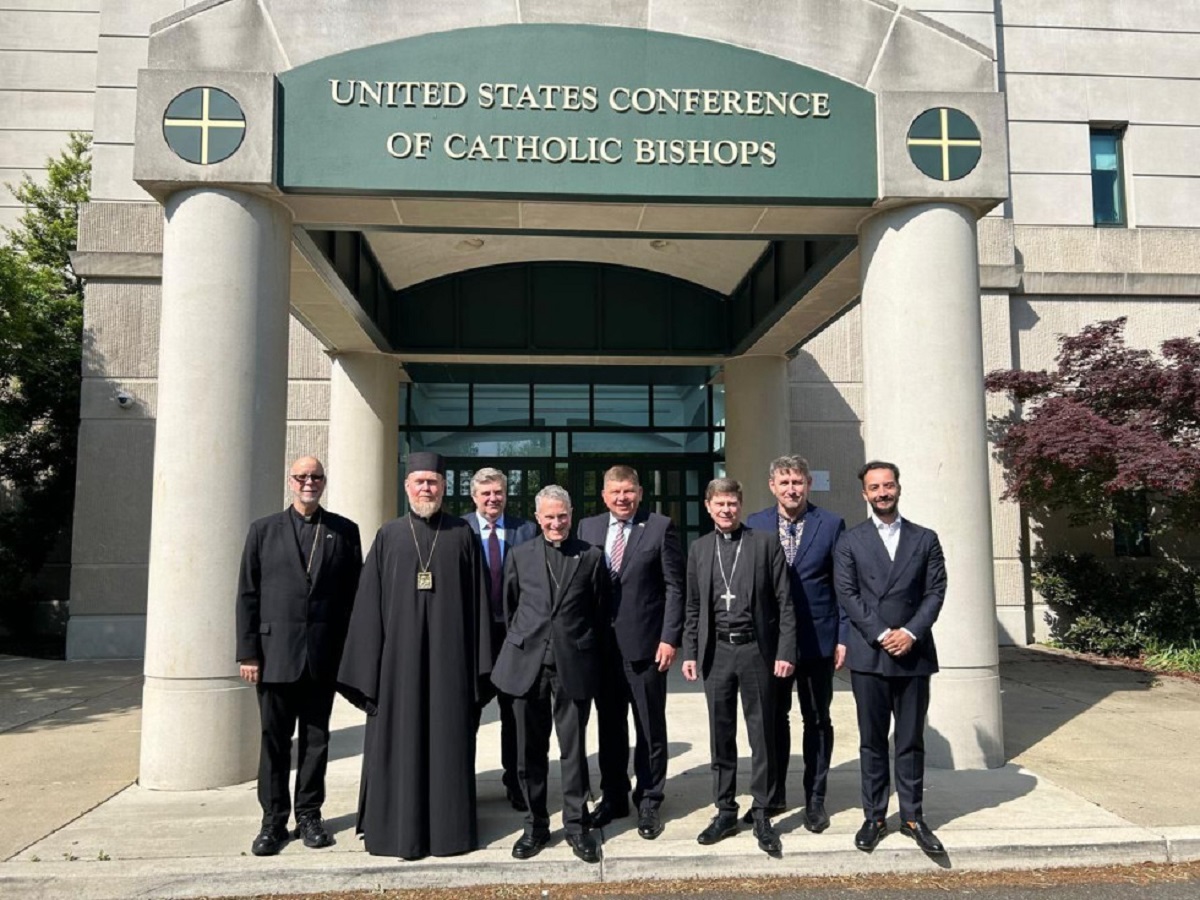UCSJ is engaged in early discussions of Helsinki 2.0

The year 2025 will mark the 50th anniversary of the signing of the Final Act of the Conference on Security and Cooperation in Europe, the document that comes closest to being a peace treaty ending World War II.
Inadvertently perhaps the document gave rise to human rights movements in the former Soviet space. The human rights movement emerged in Moscow, with creation Helsinki Group in 1976, and from the outset UCSJ was a part of that movement.
Today, as the 50th anniversary of the Helsinki Final Act approaches, our friends in the human rights organizations in Russia, Ukraine and beyond propose forging a new human rights agenda and are demanding to be at the table should Helsinki 2.0 be discussed.
It is imperative that the voices of independent civil society and HRDs from the region are heard during discussions and decision-making processes. The international human rights movement is key to exerting pressure on authoritarian regimes, ensuring that any future agreements are grounded in fundamental rights-based approaches.
A primary goal of this initiative is to take human rights defenders out of their routine context and engage them in strategic discussions with their peers. Together, they will focus on finding solutions and common ground for collective action in these challenging times.
We are a part of these conversations among human rights activists, and as commentators in the media—and through the UCSJ website—we are amplifying this message.




